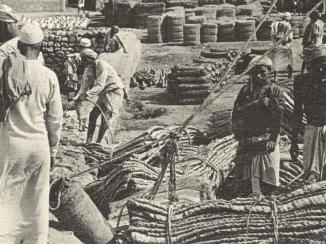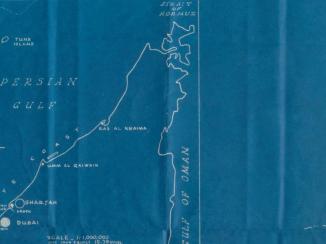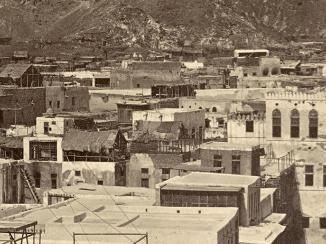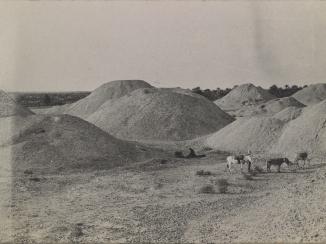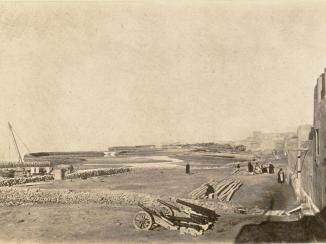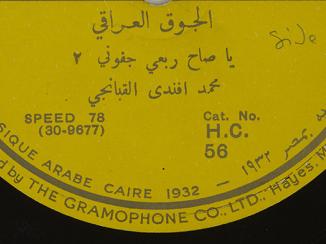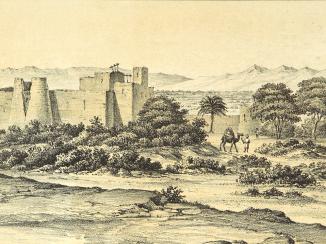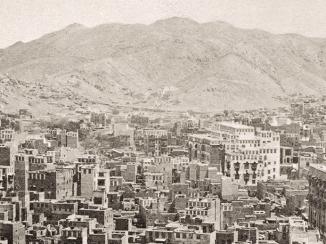Overview
The Republic of Iraq is a country positioned at the northern end of the Gulf that borders Syria, Jordan, Saudi Arabia, Iran, Turkey and Kuwait. Iraq’s capital and largest city is Baghdad, in the centre of the country.
The Tigris and Euphrates rivers flow through Iraq, joining together to form the confluence known as the Shatt al-Arab, before entering the waters of the Gulf. The geographical area of the Tigris-Euphrates river system (incorporating Iraq, Kuwait, Syria and to a lesser extent Turkey and Iran) has historically been referred to as Mesopotamia (from the Ancient Greek, ‘between rivers’).
The area that was to become the state of Iraq was of strategic and economic importance to Britain due to its location on overland trade routes to Anatolia Peninsula that forms most of modern-day Turkey. , the Mediterranean and Persia. The East India Company began its commercial operations in Basra in 1635 and went on to maintain representation there, as well as in Baghdad, for large periods of the eighteenth and nineteenth centuries.
The modern Iraqi state was created in the aftermath of World War I after the Ottoman Empire – which had allied itself with Germany – was defeated by Britain and its allies. In anticipation of the Ottoman Empire’s defeat, Britain and France had already agreed how its possessions in the Middle East would be divided between themselves, and Russia, in the Skyes-Picot Agreement of 1916.
The state of Iraq was formed from the amalgamation of the three Ottoman provinces of Mosul, Baghdad and Basra. Due to Mosul’s large oil reserves, Britain – against the wishes of France – worked to ensure that the province was included in the newly-formed state of Iraq and not the French-governed mandate of Syria.
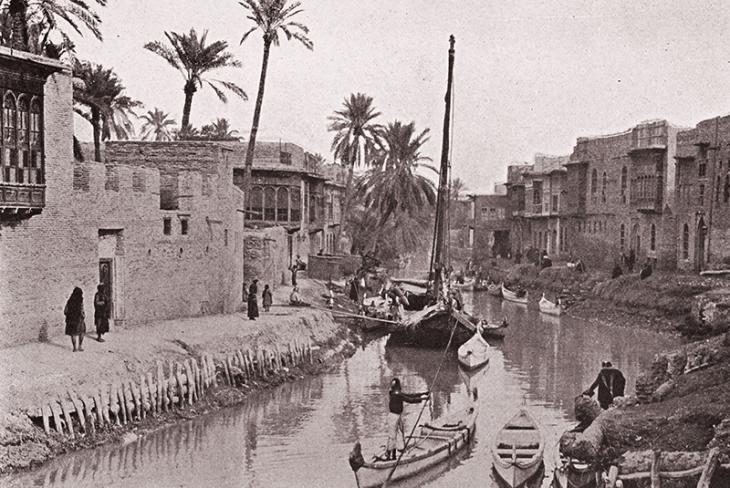
A British force invaded Iraq in 1914 at the outset of the Mesopotamian Campaign. Despite defeat to the Ottoman Army at Kut al-Amara in 1916, following the arrival of reinforcements, Baghdad was captured in March 1917. A period of British military occupation followed and Iraq was set to formally become a British Mandate, as outlined at the San Remo Conference in April 1920. However, a nation-wide revolt against the proposed mandate broke out in May 1920, forcing the scheme to be dropped. The British quelled the revolt with the use of indiscriminate aerial bombing raids and, the following year, established a monarchy in the country. Faisal, a son of Hussein bin Ali (the Sharif of Mecca and King of Hejaz) was crowned the first King of the Hashemite Kingdom of Iraq in 1921.
The Anglo-Iraqi Treaty of 1922 formalised Britain’s dominant role in Iraq, granting it military and economic control over the country. In 1925, the British-registered Turkish Petroleum Company (TPC) was granted exclusive rights of oil exploration in Iraq.
Iraq received its formal independence from Britain in 1932, but a strong British influence persisted in the country until 1958, when the pro-British monarchy was overthrown and the Republic of Iraq was established.
Key Moments from Iraq’s History in the India Office Records include
- 1914–18: ‘The Mesopotamian Campaign’ – Britain’s invasion of the region during WWI (IOR/L/MIL/17/15/41)
- 1920: Report regarding the Iraqi Revolt (IOR/L/PS/18/B438)
- 1922: Text of the Anglo-Iraq Treaty (IOR/R/15/1/382)
Suggested Reading
Eric Davis, Memories of State: Politics, History and Collective Memory in Modern Iraq (Berkeley: University of California Press, 2005)
Hala Fattah, The Politics of Regional Trade in Iraq, Arabia, and the Gulf, 1745–1900 (Albany, NY: State University of New York Press, 1997)
Ian Rutledge, Enemy on the Euphrates: The British Occupation of Iraq and the Great Arab Revolt, 1914–1921 (London: Saqi Books, 2014)
Peter Sluglett, Britain in Iraq: Contriving King and Country (New York: Colombia University Press, 2007)
Charles Tripp, A History of Iraq (Cambridge: Cambridge University Press, 2002)
